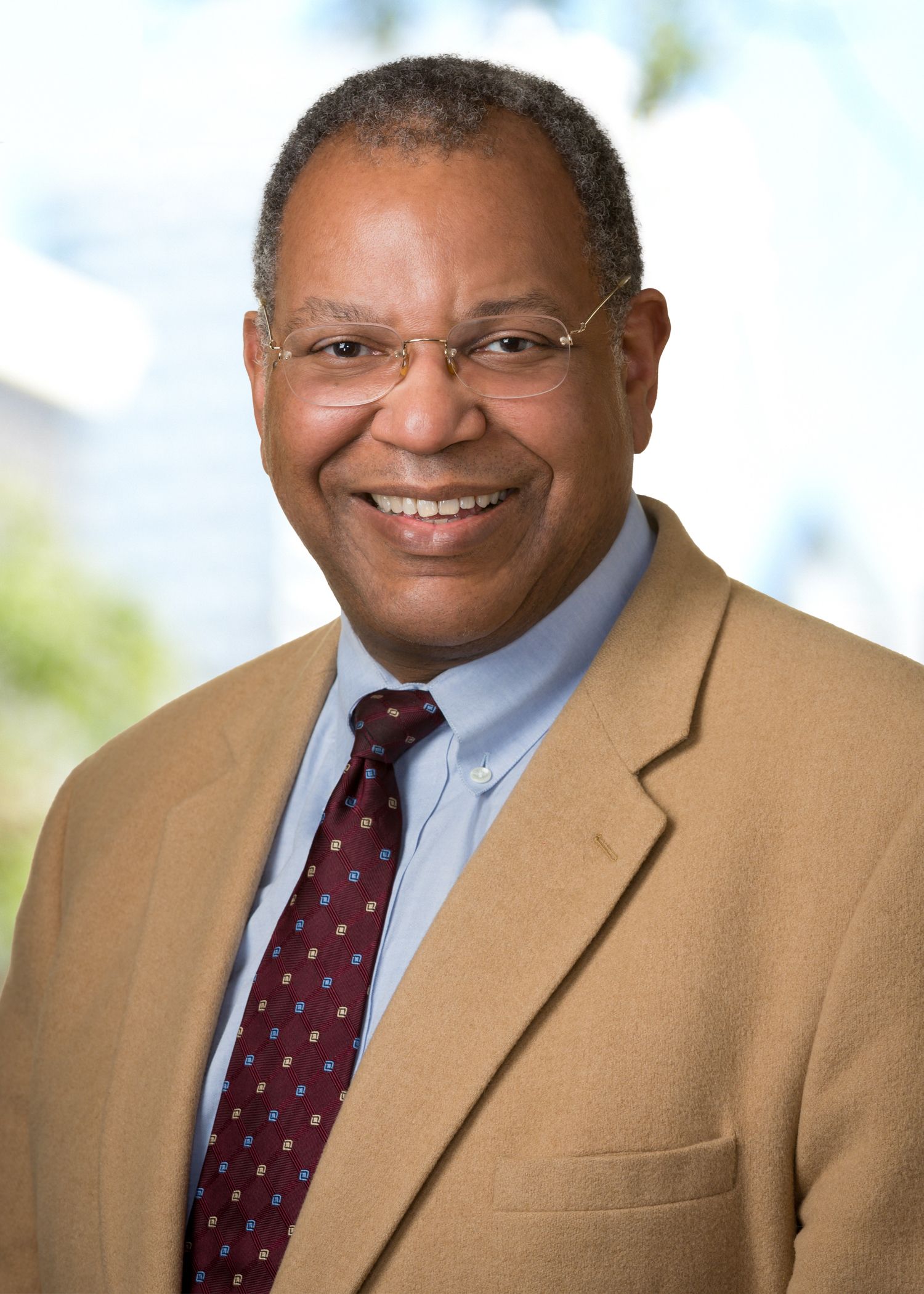
Some “don’t give a damn about their fellow man.” But in this first of four-part video series, the Johns Hopkins professor, former chief medical and scientific officer of the American Cancer Society, and MHE Editorial Advisory Board member is encouraged by diversity among protestors and the broadening of the efforts to tackle disparities of all kinds. “I think this is a long-term effort.”
Otis Brawley, M.D., sees of evidence of racism, disparity and indifference in the country’s response to COVID-19.
“I do think the response to COVID is party to due to racism,” said the former chief medical and scientific officer for the American Cancer Society in a recently recorded video interview with Managed Healthcare Executive® editors Briana Contreras and Peter Wehrwein. “It is partly due to other ‘cisms’ too. One of the great problems in the United States is that we have focused on healthcare. We have not focused on taking care of our fellow men.”
But Brawley, now a professor of oncology and epidemiology at Johns Hopkins University and a new member of Managed Healthcare Executive® editorial advisory board, also sounded notes of optimism in his wide-ranging conversation with Contreras and Wehrwein. He told them that he expects the discussion and activism on race and disparity issues ignited by COVID-19 and the killings of George Floyd and Breonna Taylor to have a lasting effect.
“I think this is a long-term effort. I don’t think this is just going to peter out over the next couple of months after the election,” said Brawley.
“I see the movement being much more than Black, by the way” Brawley continued. “I see the movement expanding to talk about Native American rights. I see the movement expanding to talk about women’s rights. I see the movement expanding to talk about poverty and socioeconomic disparities, which includes some whites.”
Brawley said he is also encouraged by range of people participating in the protests that occurred after Floyd’s and Taylor’s deaths. “I take a great deal solace that there are a lot of people who are white, a lot of people who are Hispanic…who are out there protesting.”
Brawley, though, returned to the issues of disparity and lack of caring several times during the interview. “There are a number of individuals who call themselves Americans, who express Christian values but don’t give a damn about their fellow man. They don’t care about other people.”
Asked about his background, Brawley said he grew up in Detroit, went to Catholic grade schools and then a Jesuit high school. He said he was quite talkative and interested in policy; understandably, many people thought he was destined for a career in law. But Brawley said he was also interested in science and won science fair prizes.
“Ultimately, I ended up weaving science and policy together by going into oncology and doing a lot of things that had to do with health disparities and health outcomes,” said Brawley, who added that he was very fortunate to work for and with David Satcher, M.D., “when he really brought disparities in healthcare to the forefront.” Satcher, who was appointed surgeon general by Bill Clinton and held the job during the first two years of George W. Bush’s term.
"caring" - Google News
October 14, 2020 at 01:41AM
https://ift.tt/34Y8Jdo
Otis Brawley's Split Screen: Racism, Lack of Caring — But Hope in the Response - Managed Healthcare Executive
"caring" - Google News
https://ift.tt/2z0ngcp
https://ift.tt/3fgQ2Gv
Bagikan Berita Ini














0 Response to "Otis Brawley's Split Screen: Racism, Lack of Caring — But Hope in the Response - Managed Healthcare Executive"
Post a Comment